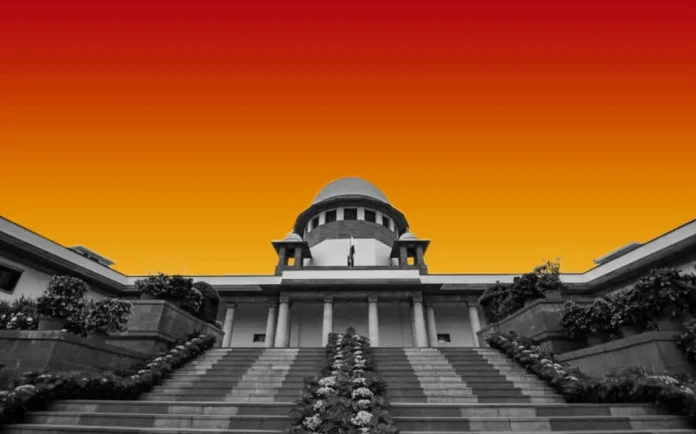The Supreme Court on Wednesday relegated the petitions challenging the constitutional validity of Hindu Religious Endowments laws implemented by three states and one Union Territory, to their respective High Courts.
The batch of petitions, including a writ petition filed by Swami Dayananda Saraswati and others in 2012, challenged the constitutional validity of the Tamil Nadu Hindu Religious and Charitable Endowments Act, 1959; the Puduchery Act, 1932; the Andhra Pradesh Charitable and Hindu Religious Endowments Act, 1987; and the Telangana Charitable and Hindu Religious Institutions and Endowments Act, 1987.
The Bench of Justice B. V. Nagarathna and Justice Satish Chandra Sharma disposed of the cases and granted liberty to the petitioners to approach the respective High Courts with their pleas.
The High Courts were directed to consider various dimensions of the provisions in light of the historical aspects of the matter, including the socio-economic, cultural and religious aspects.
The top court of the country granted liberty to the High Courts to constitute an expert committee for assistance in deciding the cases, if they felt the need.
Appearing for Swami Dayananda Saraswati and other petitioners, Senior Advocate S Guru Krishnakumar apprised the Bench that the Central government has been impleaded in the case during the previous hearing.
On Apex Court’s query regarding the stand of the Central government, Additional Solicitor General (ASG) KM Natraj said the four legislations under challenge were all State-specific issues. In a particular State, the scheme of the Act would be different. To what extent the regulation was required and how it applied to a particular temple in a particular situation would have to be first examined by the respective High Courts.
Citing the Justice Rama Joyce Committee constituted in Karnataka, the ASG said the committee independently examined all these aspects and made certain recommendations. Accordingly, the amendments were introduced. Since this was a state subject, the state should regulate it. The Union could not do much in the matter, he added.
Senior Advocate Guru Krishnakumar argued that on the last occasion, the Centre had submitted that it would make its stand clear in writing, based on the merits of the matter.
ASG Natraj informed the Bench that he was also appearing for the UT of Puducherry.
Solicitor General Tushar Mehta submitted that principally, temples could never be under the control of the Government. If religion had no business in governance, the governance had no business in religion. It was as simple as that. Temples were not departments of the government, he added.
Appearing for one of the three state governments, Senior Advocate Shyam Divan submitted that the Court should consider whether it could have a single petition challenging statutes of multiple states.
Representing different states, Senior Advocates Jaideep Gupta and Amit Anand Tiwari also submitted that the matters should be heard by the High Courts.
The Bench suggested that a representation be made to the respective States, pointing out the grievances of the petitioners. The same should be considered by the States, if necessary, with the assistance of Expert Committees. There must be an application of mind in the state itself. It should not come by way of a sudden judicial verdict, it added.
The Apex Court told the petitioners to appear before the respective High Courts. Let them constitute a committee and apply their minds to the petitioners’ arguments, it added.


